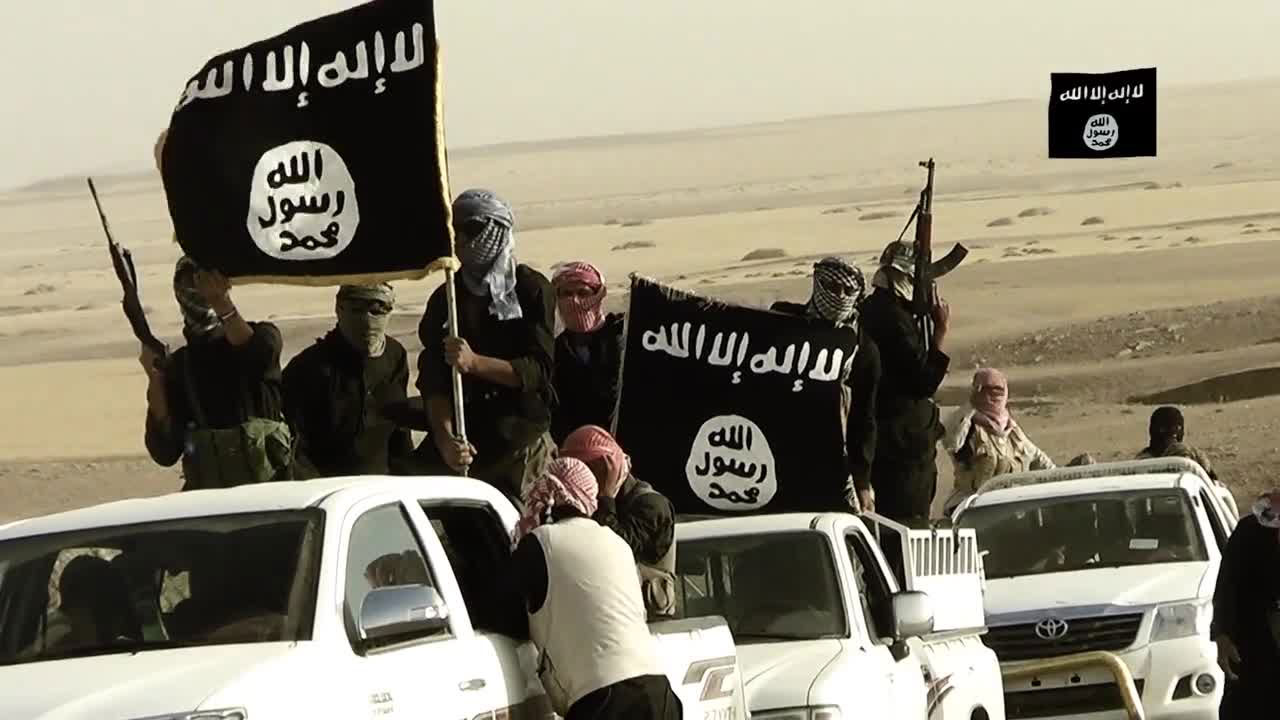
The United States has exercised military, intelligence and law enforcement to counter violent extremism globally, but a new report from a Washington, D.C., think-tank calls for the incoming Donald Trump administration to also spend $1 billion on soft power to get at the root causes driving radicalization.
The “Turning Point” report from the Center for Strategic and International Studies, released this week, sees a broader, integrated and comprehensive approach drawing on the government, private sector—especially technology companies, and nongovernmental organizations—as a means, when coupled with hard power, of reducing extremists’ success in radicalizing and recruiting youth.
“We can’t kill our way to victory,” Leon Panetta, former secretary of Defense and CIA director, said at an event rolling out the report. “What’s in this report is what we’ve learned in the last 15 years” to counter violent extremists and how to do it more effectively.
Former U.K. Prime Minister Tony Blair said, it is critical “to win the battle of ideas, not just arms.” He added that countering violent extremism is the issue not only for the United States, but also Europe. He cited the attacks in Paris and Nice in France, and Brussels in Belgium as examples.
Adding and funding soft power initiatives that work meets the broader generational challenge violent extremism poses. For the incoming administration it also demonstrates it is “serious about trying to confront those issues. . . . You can’t just bob and weave” if there is an attack in the United States, Panetta added.
He said that in some real ways the recommendations in the report, which was written before the election, reflect the president-elect’s thinking on not using military force to handle every crisis
Quoting Genghis Khan, Blair said, “The hard part is governing,” not campaigning for office or conquering territory from horseback.
The report also would have one person responsible for handling the soft power mission. That person would have the ear of the president and be responsible to the president and Congress.
The initiative that produced the report, launched in February and co-chaired by Panetta and Blair, included an 8,000-person survey, some done online and believed to be the largest poll on violent extremism. Participants were drawn from the United States, United Kingdom, France, Turkey, Indonesia, Egypt and India. The questions asked opinions on whether violent extremists’ would be able to gain weapons of mass destruction [the majority said yes], the extremists did what they do to make Islam look bad [a majority in Muslim countries agreed], and what needs to be done to counter the extremists’ appeal with dozens of options to choose from, etc.
Shannon Green, director of CSIS’ Human Rights Initiative, said Tuesday it recognizes
“a metastasizing of the threat” of violent extremism across the world and “posing a fundamental threat” to Muslim and non-Muslim nations.
Panetta mentioned the Islamic State now claiming adherents in Syria, Iraq, Libya and parts of Africa and south Asia; al-Shabaab, based in southern Somalia but carrying out terrorist attacks in neighboring countries like Kenya; and Boko Haram, based in northeastern Nigeria and carrying out attacks in surrounding countries as demonstrating how the extremist threat has expanded over time and territory.
Violent extremists “are recruiting a demographic group that is Muslim,” Farah Pandith, a former special representative to Muslim communities in the George W. Bush and Barack Obama administrations, said.
Imam Mohammed Magid, chairman of the International Interfaith Peace Corps and also a commission member panel, said, “We do believe American Muslims have to take ownership” of this issue of countering violent extremists coming from their community. He said the community has had some measure of success in doing this in the United States.
But “Muslim American would like to be looked at as prospects not suspects” in this endeavor, he added.
Magid said there are 1.5 billion Muslims today.
Mark Penn, president of the Stagwell Group that conducted the survey, noted “so few NGOs that are involved” in countering violent extremism. Complicating the matter with the NGOs is their small size and concentration on a single issue. Pandith said their attitude is: “I don’t want to be told what to do.”
She asked rhetorically, “How do you expect them to do it if they don’t have the money?”
The question that has to be answered in countering violent extremists: “Who’s actually going to do the work?”
As for the future, Blair said a better measure of success is not only reducing the number of attacks but “people feeling confident the government has the right tools to deal with It” and a global coalition to counter it.
“A lot will depend on [providing stability] to the breeding grounds” of the failed states in Syria, Libya and Yemen, Panetta said. Success also means giving “hope to young people they have some chance of success” in life.





